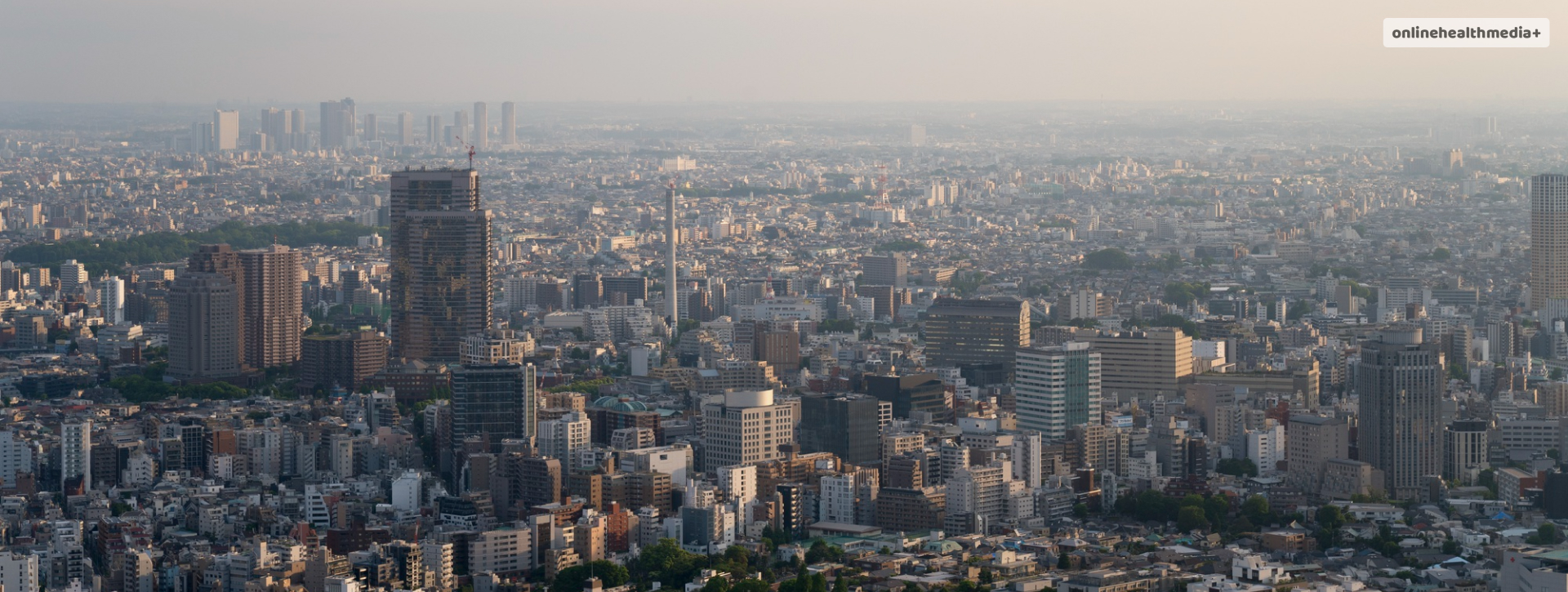Rush hour horror: Unveiling the Cardiovascular Impact of Driving in Traffic.
- A concerning revelation emerges as new research highlights the potential impact of air pollution, particularly during daily commutes, on blood pressure.
- The morning commute, already a source of stress, now reveals an additional layer of health risk due to traffic pollution negatively influencing blood pressure.
The insidious nature of particulate matter, often unseen but easily absorbed through the lungs, is underscored by experts who emphasize its contribution to millions of deaths annually (Source: Healthline).
Contrary to considering air pollution as a vague threat, research published in the Annals of Internal Medicine establishes its quantifiable effects comparable to smoking or excessive salt consumption. This revelation elevates air pollution from an environmental concern to a tangible health risk, leading to long-term and chronic effects on the heart and lungs.
The focus narrows to “traffic-related air pollution,” encompassing gases like carbon dioxide and particulate matter from brakes and tires. The research unveils that exposure to this type of pollution raises blood pressure, with effects persisting for a full day after exposure. Of growing concern is the ultra-fine particulate matter associated with car traffic, currently unregulated and posing an escalating threat, according to public health officials.
Dr. Joel D. Kaufman, a Professor of Epidemiology at the University of Washington and the study’s author, delves into the intricate mechanisms regulating blood pressure. The study takes a unique approach, driving participants around during morning rush hour in Seattle.
Some drives involved vehicles equipped with air filters, while others exposed participants to unfiltered outside air. The double-blind study, involving 16 participants aged 22-45, revealed the stark impact of pollution on blood pressure.
The effects of pollution peaked an hour into the commute, elevating diastolic and systolic blood pressure levels. Although diminished, these effects endured for an additional day. After 24 hours, diastolic blood pressure remained 3.8 mm/Hg higher than baseline, and systolic pressure remained elevated by 1.1 mm/Hg.
Dr. Kaufman emphasizes the urgent need to address traffic-related air pollution to protect global populations from cardiovascular health risks. The findings amplify the call for strategies to minimize exposure, particularly during daily commutes, a common source of particulate air pollution encountered by billions worldwide.
Read Also:
- 10 Best Home Remedies for High Blood Pressure
- The Ultimate Guide To Vegan Diet For Weight Loss
- Allen’s Test – Physical Examination Of Arterial Blood Flow To The Hands | Overview



